
Students and members of the campus community gathered in front of the Student Union at the University of Massachusetts Wednesday afternoon to rally against racism.
Nine speakers, beginning with Student Government Association Secretary of Diversity Josh Odam, spoke to a crowd of at least 100 about police brutality across the country, as well as their own personal experiences of racism.
Odam, standing in front of windows lined with the names of those who recently lost their lives at the hands of police, began the rally with a moment of silence for Mike Brown, Ferguson, Missouri and Hong Kong. He then read aloud the names of the recent victims and discussed the importance of endorsing Senate Bill 1038, or House of Representatives Bill 2051, which prohibits law enforcement officers from engaging in racial profiling.
“We want to add an addendum to that which requires that body cameras be worn on the person of all police officers at all times while they’re on duty to make sure that no man, woman or child is subjected to this kind of treatment or humiliation and this deadly, deadly, fatal thing that is known as police brutality,” said Odam.
Amidst all the discussion about police brutality elsewhere, Santiago Vidales, a graduate student at UMass and organizer of the rally, shed light on issues with police force here in Amherst. He spoke about the student and confidential informant for the UMass Police Department, identified as “Logan,” who died last October of a heroin overdose.
“There is no space for police on my campus. A young man who has a drug problem is forced into an informant program? Instead of a drug therapy program? There is something wrong with that,” he said.
When asked about the student’s death, Vidales expressed disgust.
“It’s an incorrect display of power from the University,” he said. “While we are constantly making new facilities and buildings, they actually spend a lot of money on the police force. The University manipulated Logan and utilized his fear – that’s the wrong mentality. It worries me a lot. I’m a TA, I try hard to make the world a better place. These are just contradictory narratives that should’ve been avoided.”
“I think it’s actually problematic that our university has such a strong police presence,” he added. “Having a swat team-like police force just aggravates the situation, only making things worse.”
Between each story came a series of enthusiastic chants from the crowd, who still came out despite the rain.
“What do we do when the police attack? Stand up, fight back,” they yelled, along with a myriad of other chants such as, “Hands up, don’t shoot” and “The People, united, we’ll never be defeated.”
Another speaker, Armanthia Duncan, said she has experienced police brutality first hand.
“Black and brown women are not immune to police violence,” she said, gesturing to the window behind her. “We have a lot of male names up here. But there are women who struggle with this, too.”
Last February, Duncan said she was pulled over, handcuffed and unlawfully arrested for “driving while black.”
“These stories are our stories. These people are our people,” she said. “And we are all potentially subject to these occurrences. You or someone you know may, can and will be next.”
Duncan also discussed statistics about police brutality in America. She said that according to a study published in USA Today, between the years of 2005 and 2012, African Americans were killed on average about twice a week by white police officers.
“That’s two lives a week,” she said. “All of this murder, profiling and harassment are considered justified by law enforcement when it comes to black and brown communities, because they are socially constructed in the American conscious as ‘dangerous’ and ‘criminal.’”
“Racism has no place on the UMass campus,” said speaker and alumna Adina Gianelli. “It has no place on any campus, or in any community.”
Jordan Allen can be reached at [email protected] and followed on Twitter @Jordan_Alllen.














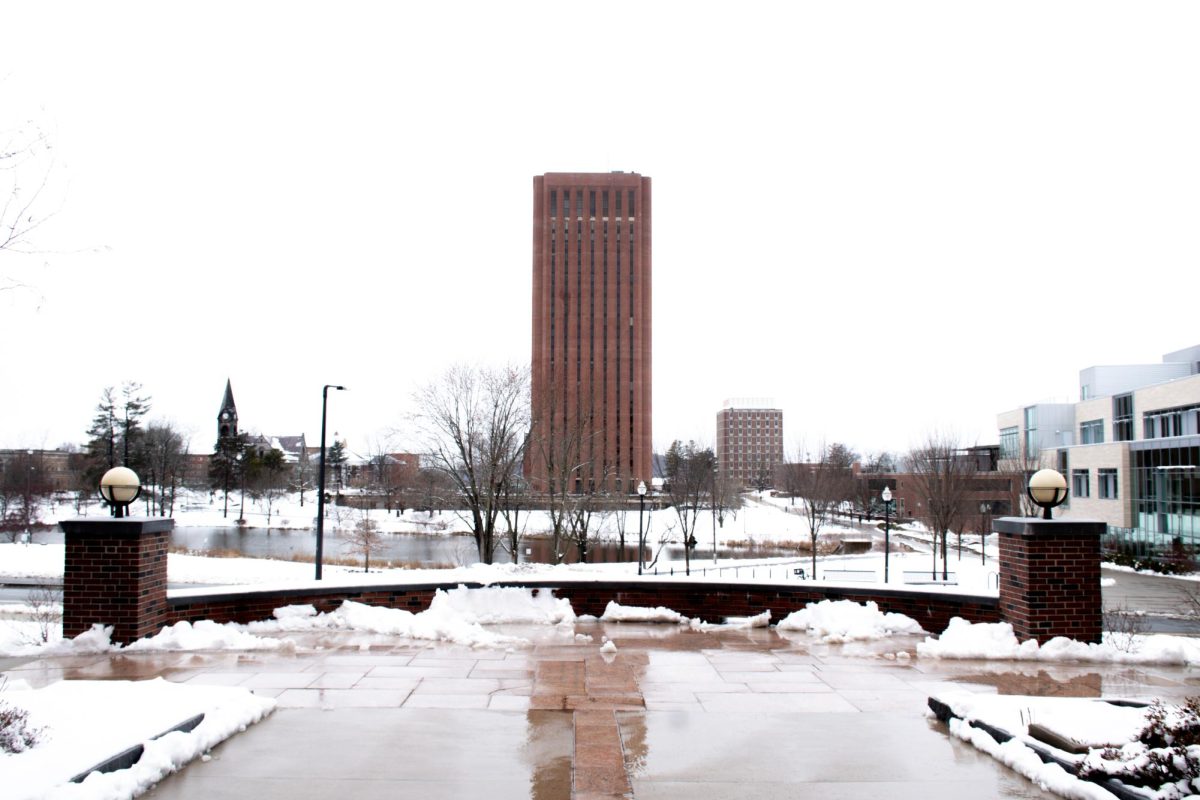
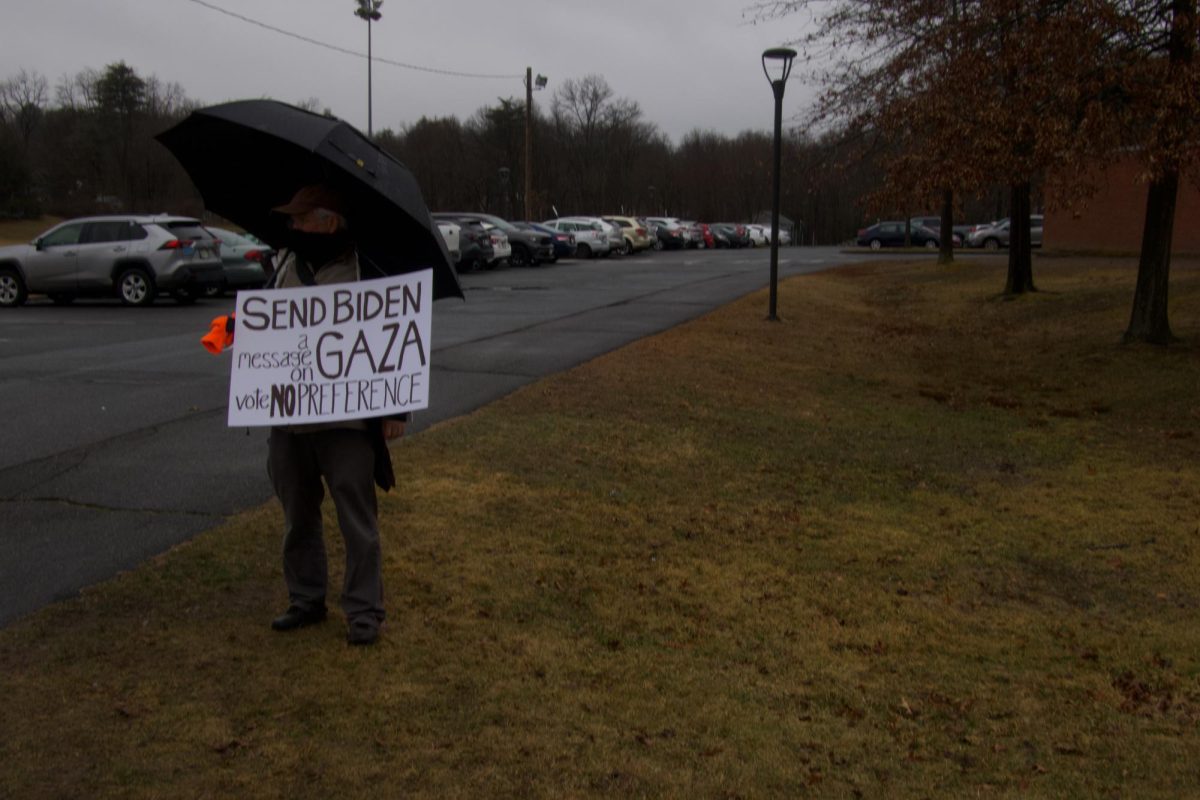
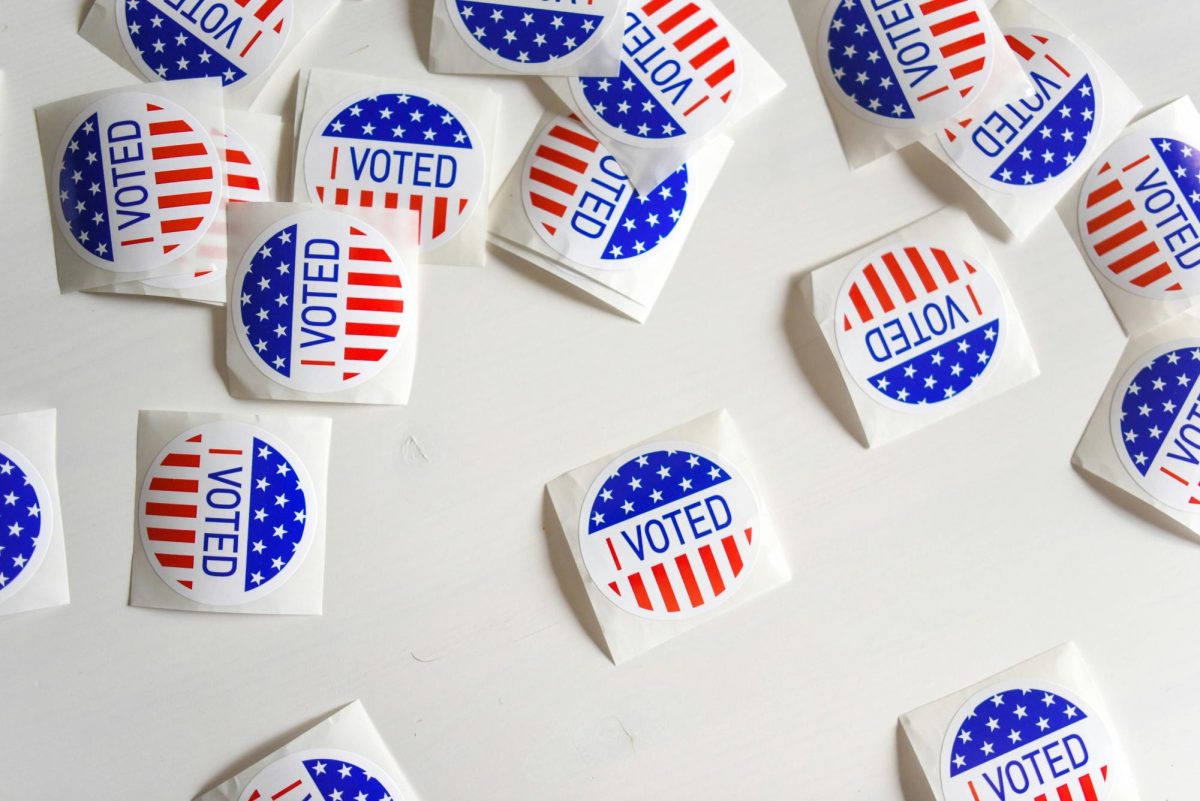
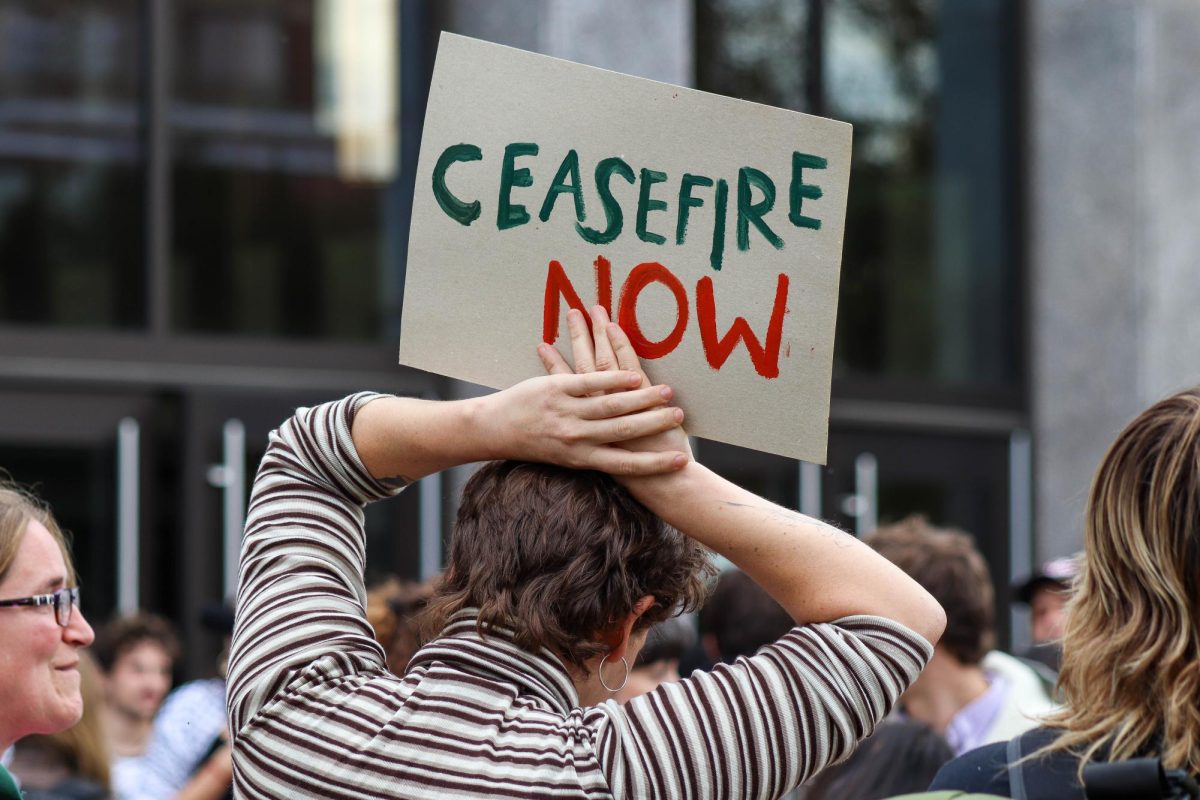
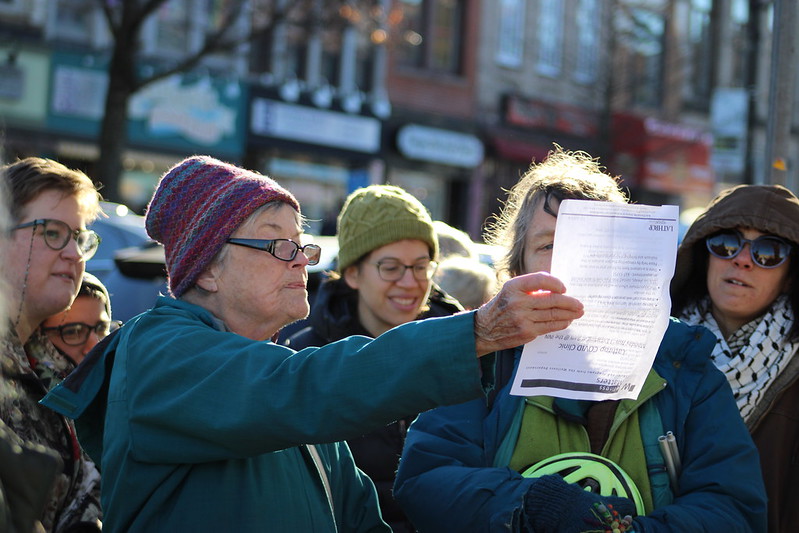
Kris • Oct 2, 2014 at 1:53 pm
Does Armanthia mean she was arrested on a warrant in March? Because that is a true story.